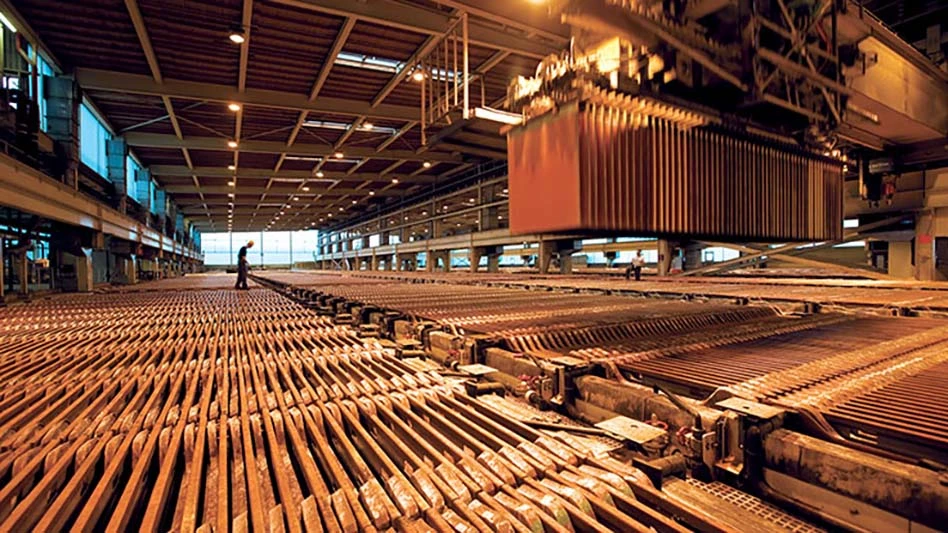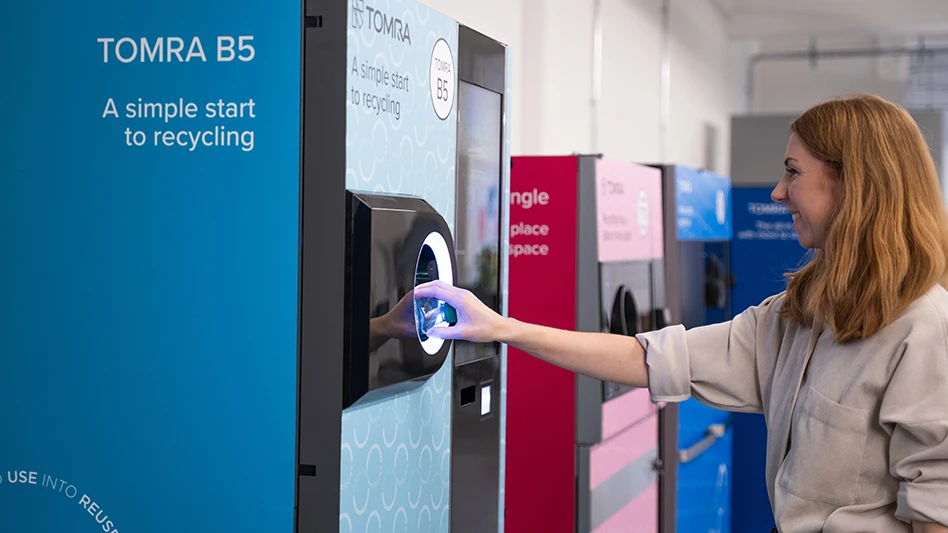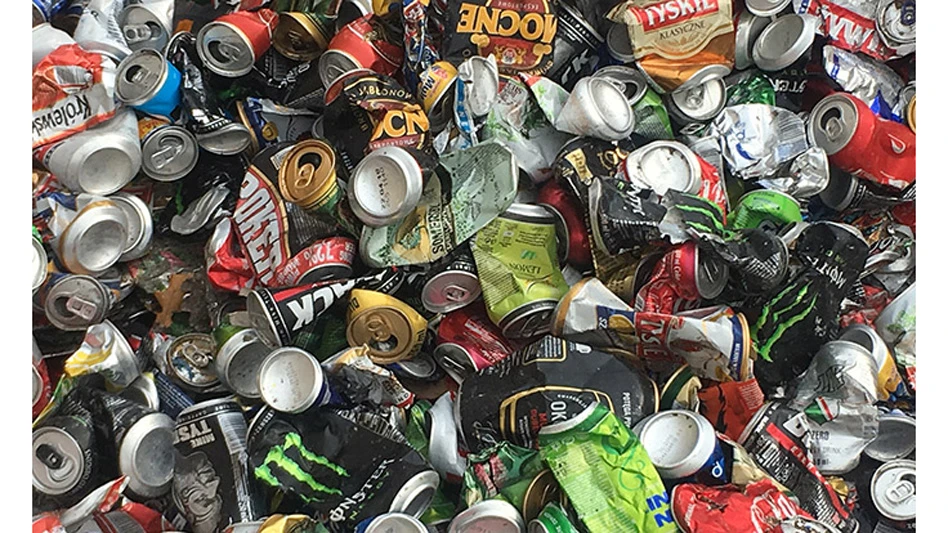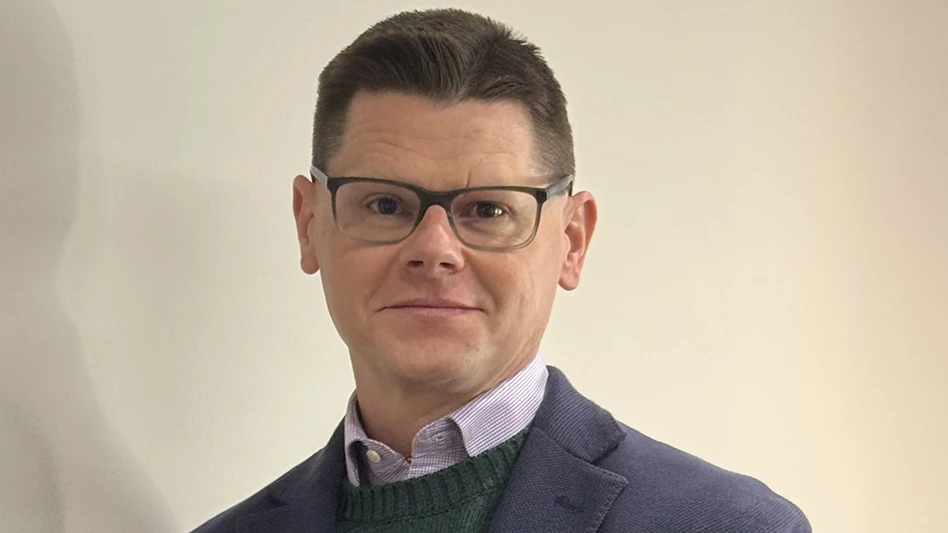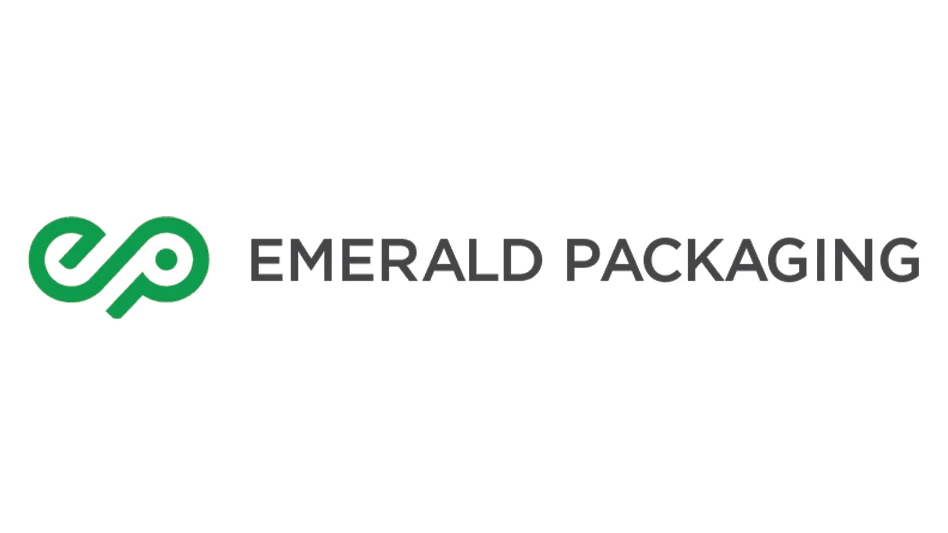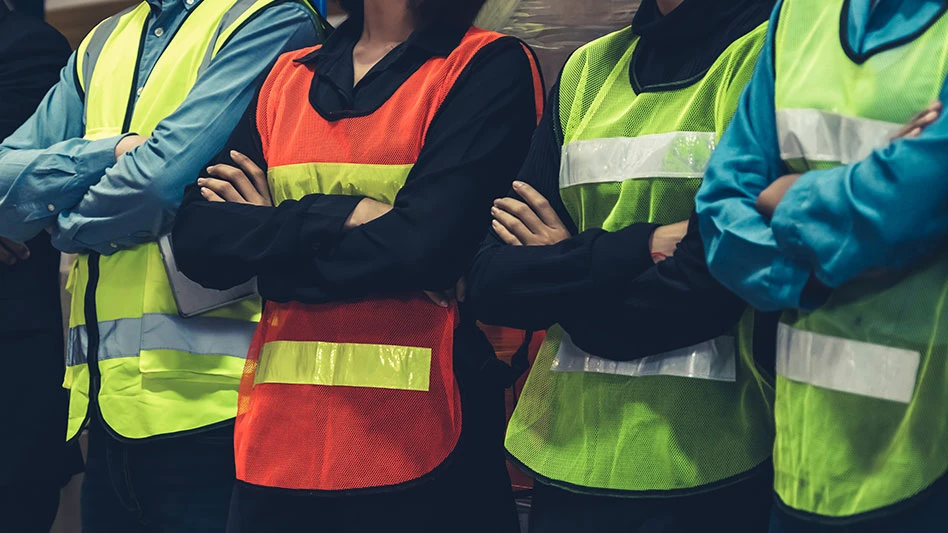Officials with the Arizona Department of Environmental Quality (ADEQ) have announced that Dlubak Glass, based in Blairsville, Pa., has agreed to pay $120,000 in a consent judgment approved in Maricopa County Superior Court for hazardous waste violations in the storage and recycling of cathode ray tube (CRT) glass at Dlubak’s Yuma, Ariz., facility.
During an inspection at Dlubak’s Yuma facility, ADEQ inspectors say they found broken CRT glass throughout the 5-acre site, and stained soil in several locations.
The stained soil also was observed extending about 20 feet into an orchard adjoining the Dlubak property. Samples taken on the property found levels of lead as much as 75 times more than the maximum federal and state exceedance level of 5 milligrams per liter.
In addition, the broken glass was stored in open, unlabeled cardboard containers and washing activities were conducted on an outdoor concrete pad. State regulations require that all CRT storage and processing activities be conducted within a building with a roof, floor and walls.
“Their unlawful management of hazardous waste put employees and the environment at risk,” says ADEQ Director Henry Darwin. “But they hired environmental consultants, changed their operating procedures and did the soil cleanup in reaching a resolution in the case.”
During an inspection at Dlubak’s Yuma facility, ADEQ inspectors say they found broken CRT glass throughout the 5-acre site, and stained soil in several locations.
The stained soil also was observed extending about 20 feet into an orchard adjoining the Dlubak property. Samples taken on the property found levels of lead as much as 75 times more than the maximum federal and state exceedance level of 5 milligrams per liter.
In addition, the broken glass was stored in open, unlabeled cardboard containers and washing activities were conducted on an outdoor concrete pad. State regulations require that all CRT storage and processing activities be conducted within a building with a roof, floor and walls.
“Their unlawful management of hazardous waste put employees and the environment at risk,” says ADEQ Director Henry Darwin. “But they hired environmental consultants, changed their operating procedures and did the soil cleanup in reaching a resolution in the case.”
Latest from Recycling Today
- Alberta Ag-Plastic pilot program continues, expands with renewed funding
- ReMA urges open intra-North American scrap trade
- Axium awarded by regional organization
- China to introduce steel export quotas
- Thyssenkrupp idles capacity in Europe
- Phoenix Technologies closes Ohio rPET facility
- EPA selects 2 governments in Pennsylvania to receive recycling, waste grants
- NWRA Florida Chapter announces 2025 Legislative Champion Awards
